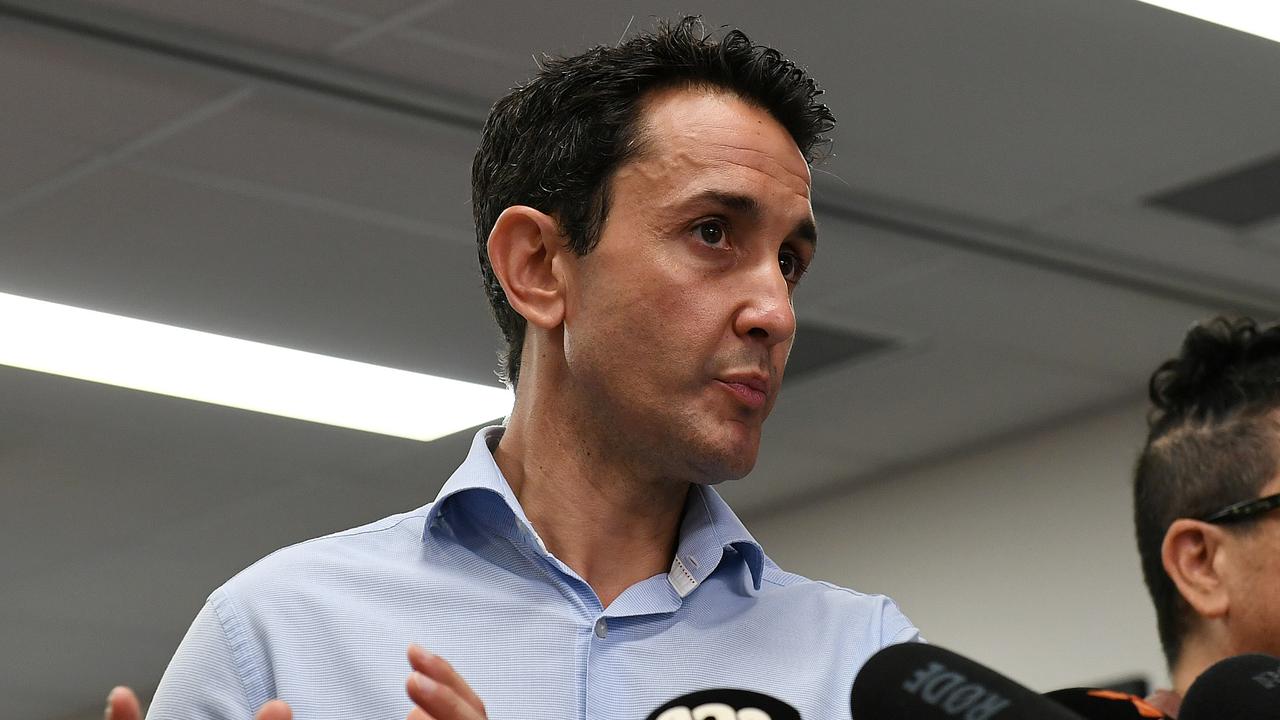ACTU opposes emergency IR rules beyond JobKeeper
The ACTU is opposing calls to extend emergency industrial relations exemptions to employers would no longer be eligible for JobKeeper.

The ACTU is opposing business calls to extend emergency industrial relations exemptions to employers who would no longer be eligible for JobKeeper after September.
ACTU president Michele O’Neil said on Sunday unions would back an extension of the workplace to flexibility regime to companies that qualified for the updated JobKeeper program but saw no justification for allowing industrial relations exemptions to apply to employers who did not qualify for the scheme.
Scott Morrison has flagged extending the exemptions that allow employers to cut employee hours and change their duties.
The Australian Industry Group and the Australian Chamber of Commerce and Industry assert the short-term changes made to the Fair Work Act were playing a vital role in preserving jobs and the viability of businesses.
The ACTU is pushing for JobKeeper and JobSeeker to be extended by six months from September. Unions want the extended support applied across the workforce and not confined to specific industries or locations.
Ms O’Neil said JobKeeper should remain available to employers who continued to suffer significant revenue reductions, with companies subject to quarterly examination of revenue.
The increased flexibility of working arrangements has helped firms affected by the COVID-19 crisis take advantage of the JobKeeper wage subsidy program and keep staff on the books, even at zero hours.
Ms O’Neil said if a business could operate without JobKeeper after September, it should be subject to workplace relations provisions that applied before the pandemic.
“There‘s a real willingness by working people to work with the people that they work for, their employers, to find a way through this,” she told ABC’s Insiders program. “But we don’t need … changes that reduce people’s hours and, consequently, their pay without agreement in businesses that are not still suffering.”
Releasing an ACTU jobs plan, Ms O’Neil called for parents to receive free childcare regardless of their income, at an estimated cost of $7bn a year, and further subsidies to increase the wages of childcare workers.
Unions also want a nationwide TAFE program for priority courses that would generate 150,000 free places nationally and a manufacturing strategy that mandated 75 per cent Australian content in government procurement.
While the government has committed to subsidising apprenticeships until March 2021, the ACTU is seeking a 50 per cent wage subsidy for the life of an apprenticeship or traineeship and a guaranteed job at the end.
“What’s needed is for the government to have an ambitious, big, bold, comprehensive national reconstruction plan, and that costs money,” Ms O’Neil said.
“It costs money for good reason, because government needs to lead this. We can’t sit back and think the economy or the private sector is going to do this on their own — they are severely damaged.”
She reiterated that unions did not believe that bringing forward the next round of already legislated personal income tax cuts was “what is needed at this moment”.
Asked about the ALP”s support for bringing forward the tax cuts, she said unions had a “strongly held different opinion”.
“We think that this is not the time to look at reducing the money that government has to spend … people want to see public dollars used for public good.”







